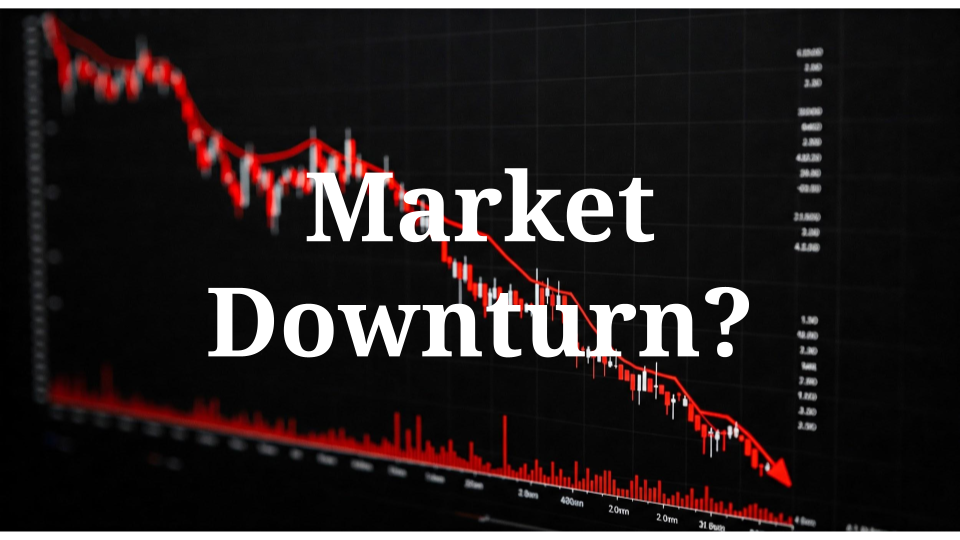Is Your Financial Plan Overlooking This Vital Element — Your Health?
/The Dalai Lama, when asked what surprised him most about humanity, answered "Man! Because he sacrifices his health in order to make money. Then he sacrifices money to recuperate his health. And then he is so anxious about the future that he does not enjoy the present; the result being that he does not live in the present or the future; he lives as if he is never going to die, and then dies having never really lived.”
What Your Financial Plan Might be Missing
Your financial plan encompasses numerous facets of your life, covering emergency funds, income, debt, savings, budgeting, financial goals, risk tolerance, investment allocation, retirement, and tax planning. However, there's one critical aspect often missing from financial plans that can significantly impact your economic well-being – your health.
Understanding the Link Between Health and Finance
Health influences nearly every dimension of your financial plan in distinctive ways. For instance:
Income and Productivity: Poor health or frequent illnesses can lead to reduced overall income due to missed workdays. Maintaining good health can help you keep a stable income.
Emergency Fund: Health status affects the size of your emergency fund. Individuals with health challenges may require a larger fund to mitigate increased risks associated with medical expenses.
Budget and Savings Rate: Increased healthcare expenses can strain your budget and potentially result in a lower savings rate. Prioritizing health can positively impact your budget and allow a higher savings rate.
Retirement Planning: Planning for potential healthcare costs during retirement becomes crucial. An unhealthy lifestyle now may require a larger nest egg for future medical needs.
The Cost of Ignoring Health in Your Financial Plan
Neglecting health can have significant financial consequences, especially in the United States where lifestyle-related conditions like obesity, high blood pressure, high blood sugar, and high cholesterol are prevalent. Metabolic syndrome, characterized by the coexistence of three or more of these conditions, increases the risk of expensive health issues such as heart disease, stroke, diabetes, and other serious health problems. (Source: National Heart, Lung, and Blood Institute, link below)
Average cost per year in the United States
Heart Disease & Stroke $19,110
Diabetes $8,837
Obesity $1,405
Considering that 1 in 3 American adults has metabolic syndrome, the financial implications are substantial. However, the good news is obesity, high blood pressure, high blood sugar, and high cholesterol are all modifiable risk factors. That means, if You change Your lifestyle You can reduce or eliminate these conditions. (Source: Centers for Disease Control and Prevention, link below)
Taking Action for a Healthier Lifestyle
Recognizing the integral role of health in financial planning, here are actionable steps to improve both your health and financial future:
Nutrition: Eat more whole foods, fruits, and vegetables. Cooking at home and avoiding processed foods can contribute to better health and financial savings. You cannot out-exercise a poor diet.
Physical Activity: Find a sport you enjoy and exercise regularly. Try to meet the recommended 150 minutes of moderate exercise or 75 minutes of vigorous exercise per week.
Quit Smoking: Smoking is a leading cause of preventable death. Quitting not only improves health but also saves money that can be directed toward financial goals.
Quality Sleep: Prioritize 7-9 hours of sleep per night. Good sleep promotes overall well-being and reduces the risk of chronic diseases.
Hydration: Opt for water over sugary drinks and alcohol. This simple choice positively impacts both your health and your budget.
Mental Stimulation: Challenge your mind by continuously learning new skills. A sharp mind contributes to overall health and longevity.
(Source: American Heart Association, link below)
Advice from Warren Buffett
Warren Buffett once told a story about what he would do if a Genie appeared and granted him a wish for a brand-new car. Being a wise man, Warren knew there would be a catch, so he asked the Genie what it was. The Genie responded that this would be the only car he would have for his entire life. Warren said he would accept that stipulation to get the car. Knowing that it would be the only car he would have for his entire life though, he would take very good care of it. He would read the entire manual front to back. He would get the oil changed on time or early. He would get the recommended preventative maintenance completed. He would fix any dents to prevent rusting. He would keep it clean inside and out.
Then he broadens the analogy by equating our mind and body as the one vehicle that has to last our entire lives. Our minds and bodies are much more important than vehicles, yet we do not always treat them as such. The decisions we make today will determine how well our minds and bodies operate many years from now.
Your health is a vital component of your financial well-being. By prioritizing your health, you can secure not only a healthier and more fulfilling life but also a more robust and resilient financial future. If you have any specific questions on this topic, feel free to reach out.
Sources:
National Heart, Lung, and Blood Institute https://www.nhlbi.nih.gov/health/metabolic-syndrome#:~:text=About%201%20in%203%20adults,that%20it%20is%20largely%20preventable.
Centers for Disease Control and Prevention https://www.cdc.gov/chronicdisease/about/costs/index.htm
American Heart Association https://www.heart.org/en/healthy-living/healthy-lifestyle/lifes-essential-8
Fiduciary Financial Advisors, LLC is a registered investment adviser and does not give legal or tax advice. Information presented is for educational purposes only and does not intend to make an offer or solicitation for the sale or purchase of any securities. The information contained herein has been obtained from a third-party source which is believed to be reliable but is subject to correction for error. Investments involve risk and are not guaranteed. Past performance is not a guarantee or representation of future results.













